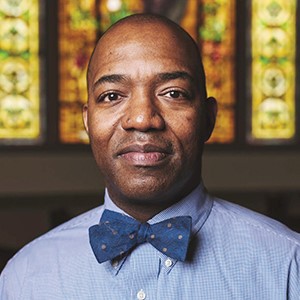

Question and Answer
In Matthew 18:17, Jesus says to treat church members who are in sin in the same way as tax collectors, but a few verses later Jesus says to forgive people 77 times. Are we supposed to forgive or shun people in sin?
In Matthew 18, Jesus tells the Parable of the Unmerciful Servant to demonstrate what forgiveness looks like: a complete releasing from a debt that does not demand repayment for the wrong done. The first servant experiences relief from debts owed to the king without losing his family or being imprisoned. Later, however, the king condemns him for demanding payment from the second servant.
But the restoration of relationship does require an acknowledgment of wrongdoing by the offending party. You can release someone from a debt, refusing to require repayment, and yet refuse to restore the person to a status of trusted friend. If a Christian (i.e., “brother,” v. 15) commits an act of offense toward another believer and refuses to admit fault, seek forgiveness, and make restitution, the church should enter the conflict between the two parties.
The restorative process involving two or three witnesses and the church body seeks the holiness of the offending person. A refusal to acknowledge offence allows one to stay in sin—and both the offense and the lack of seeking reconciliation are sins. Once the offender rejects the church body’s appeal to be reconciled, the offender is endangering the entire church body. That is, through his failure to admit fault and seek forgiveness at the request of the church, the offender is not recognizing the holiness of the church body, the authority of its leadership, its operation through its members’ love and humility, or its witness in the world.
The offending person who is unwilling to reconcile is not behaving like a Christian and should be treated like a tax collector—that is, removed from the church body. Although any such action is painful to the full local body of believers, it is the righteous thing to do in obedience to our Lord.




